Podcast: Play in new window | Download
Subscribe: Apple Podcasts | Spotify | Amazon Music | Android | iHeartRadio | TuneIn | | More
In this episode, we start our exploration of a new Sangam Literary work, ‘Ainkurunooru’ or ‘Five Hundred Short Poems’. As the name clearly indicates, there are five hundred verses in this collection. However, it’s the organisation of these five hundred verses that is unique among the entire Sangam collection. These five hundred verses have a major classification of 5 different landscapes such as ‘Marutham’, ‘Neythal’, ‘Kurinji’, ‘Mullai’ and ‘Paalai’ with a perfect slicing of hundred songs each. And the entirety of these hundred songs within one landscape has been sung by a single poet. This is in contrast to the arrangement of verses we have seen this far in Natrinai, Kurunthogai and Puranaanooru, with a random sequencing of songs sung by various poets. Not only that, each of these hundred songs is further subdivided into ten sections of ten songs each, with one unifying theme. Without further ado, let’s jump into our first 10, ‘Wishes – Hers and Mine’ in Ainkurunooru, situated in the ‘Marutham’ or ‘Farmlands landscape’, penned by the poet Orambokiyar.
Like this:
Like Loading...


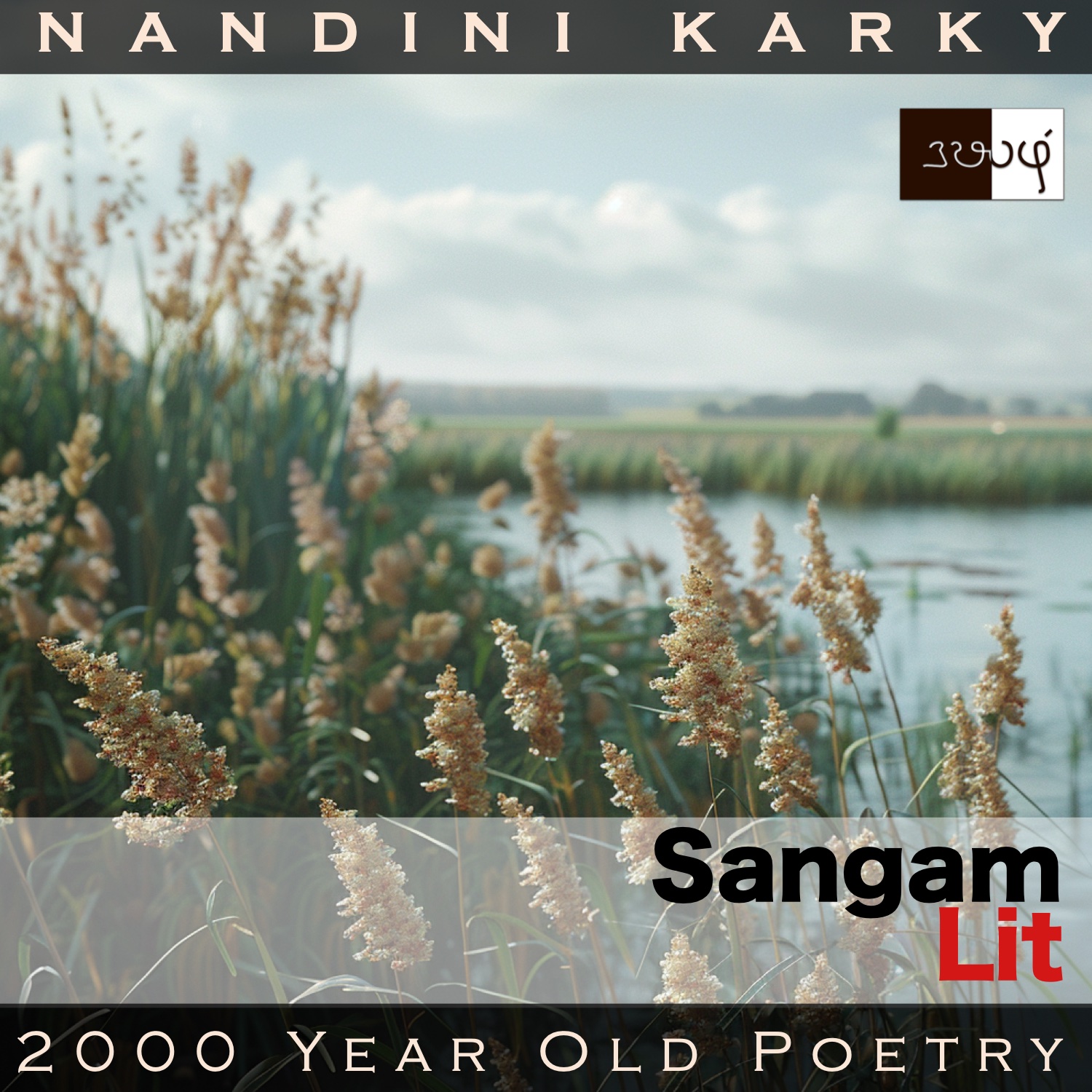
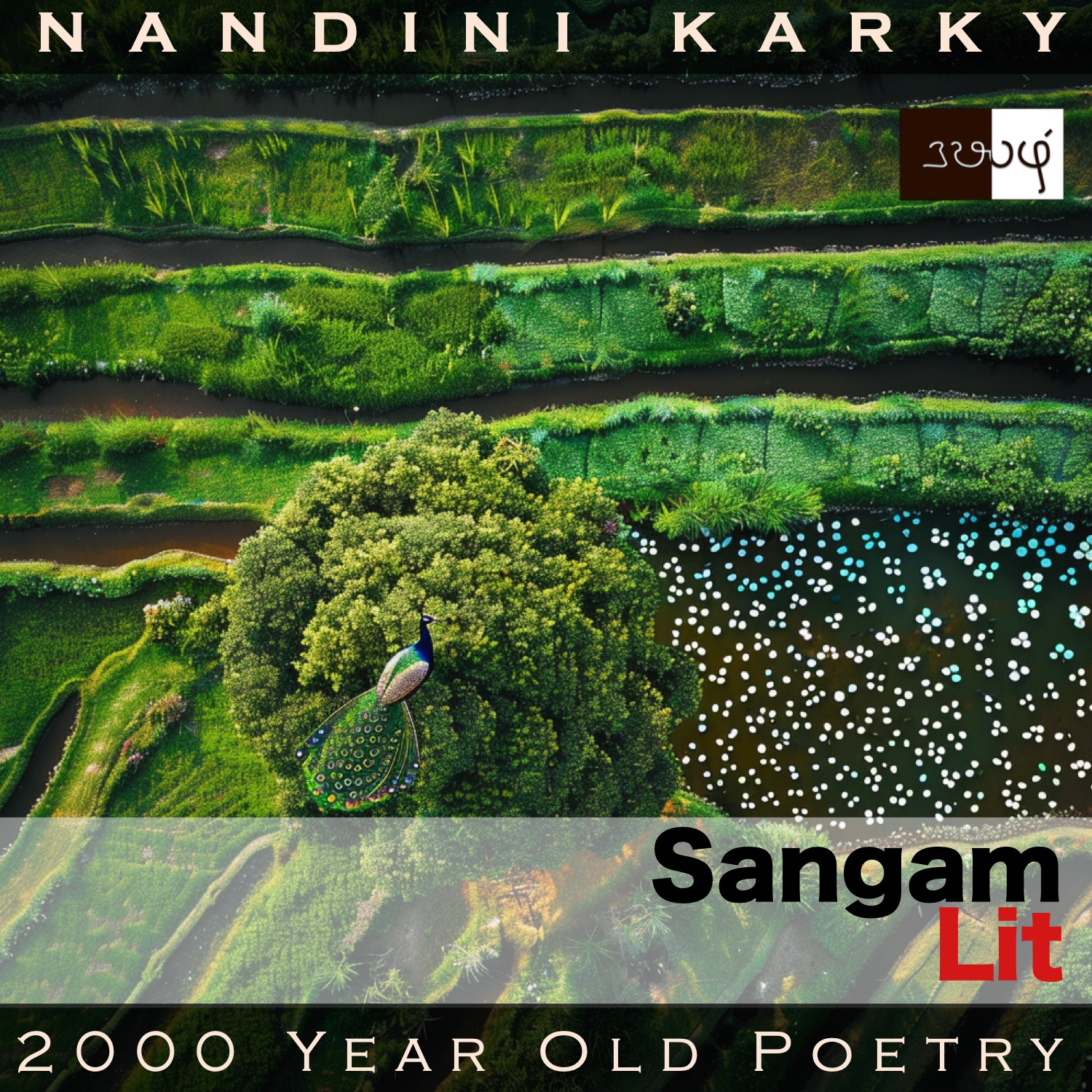

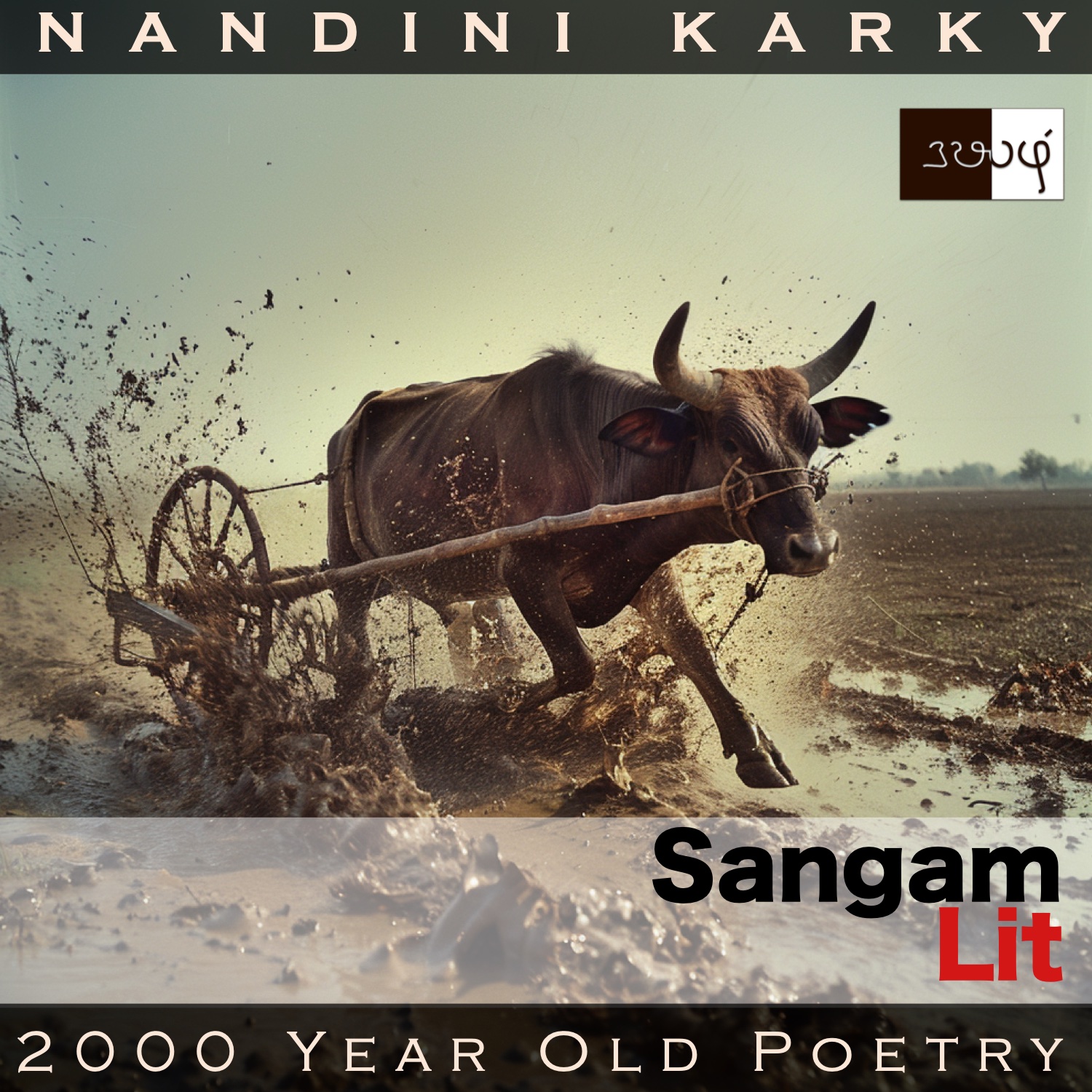

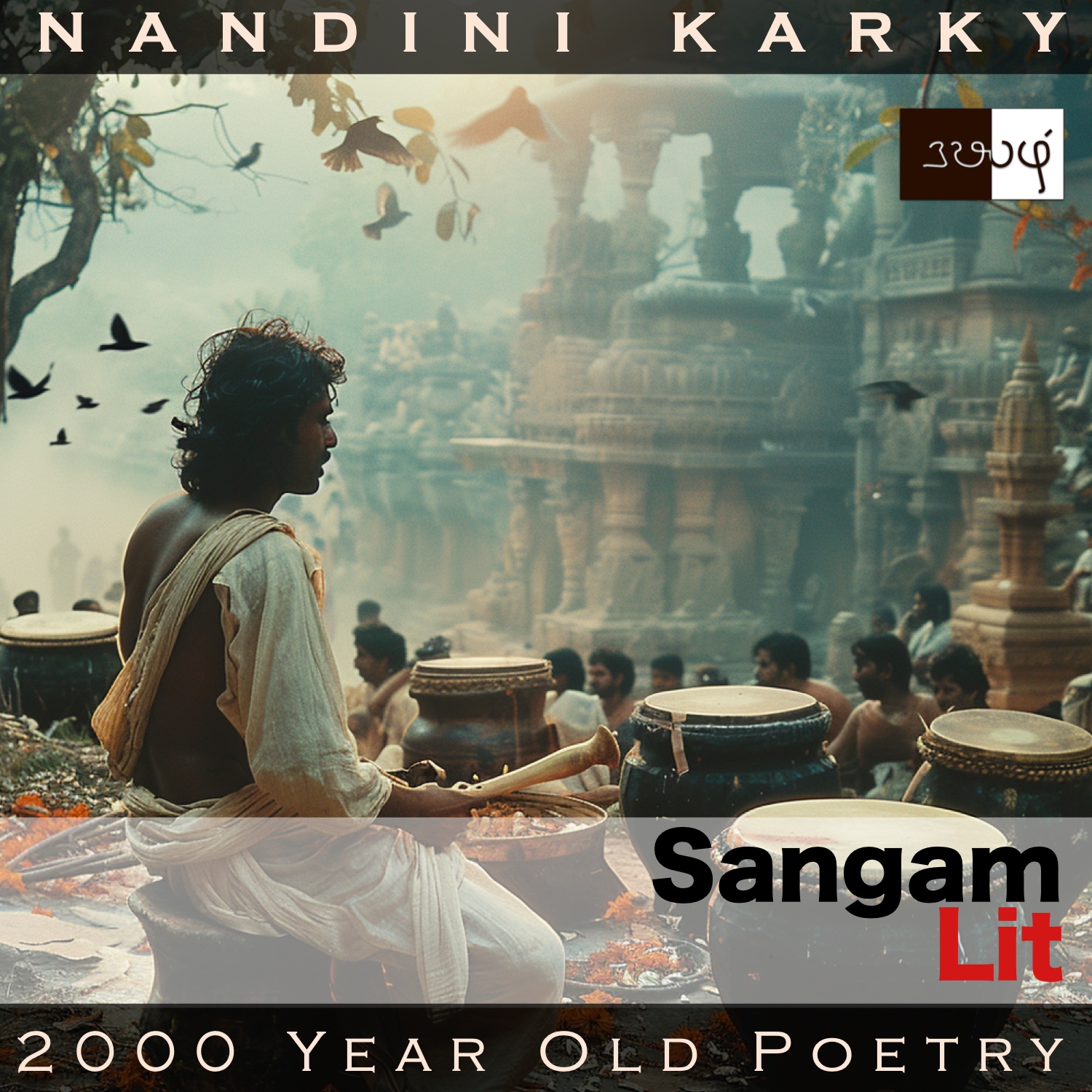
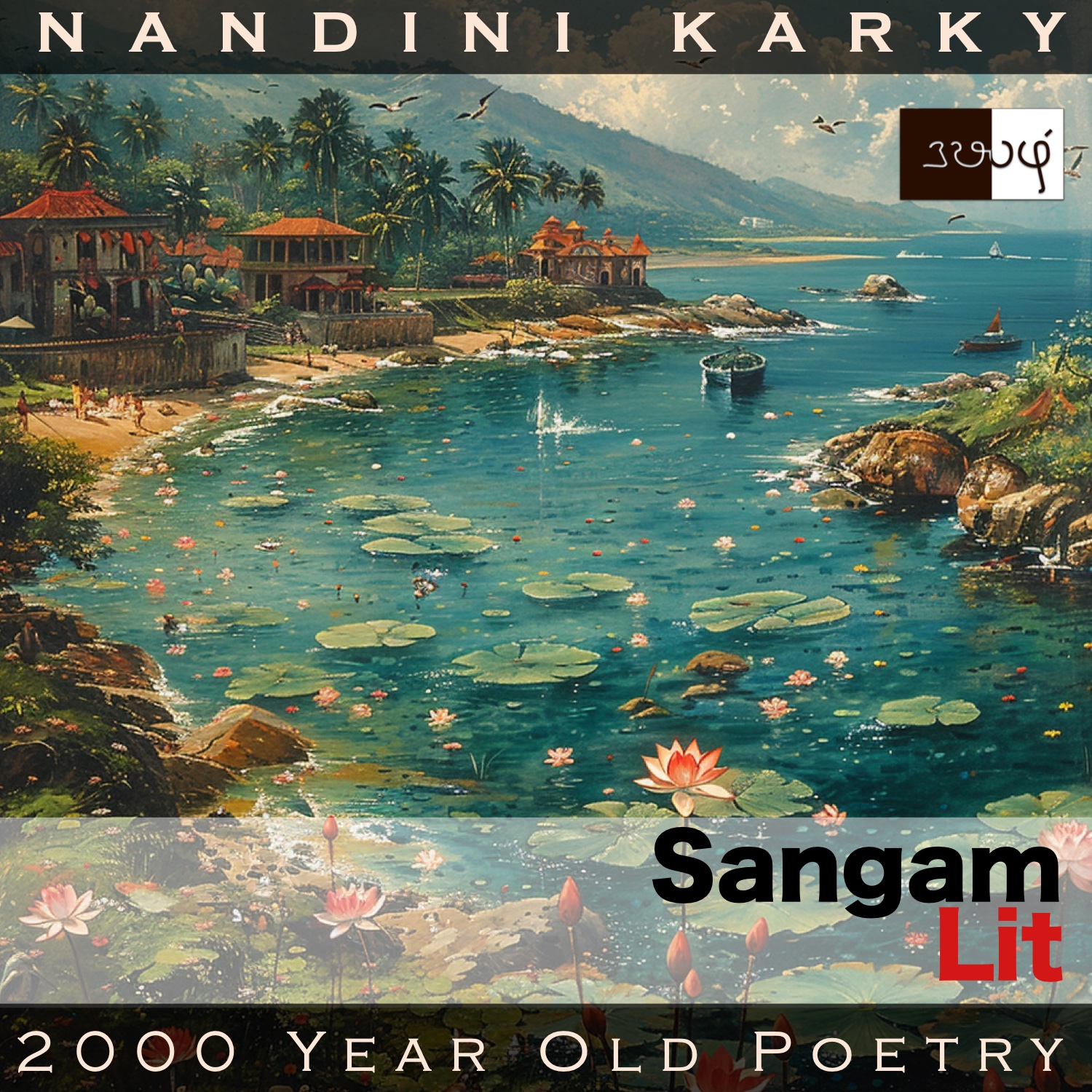

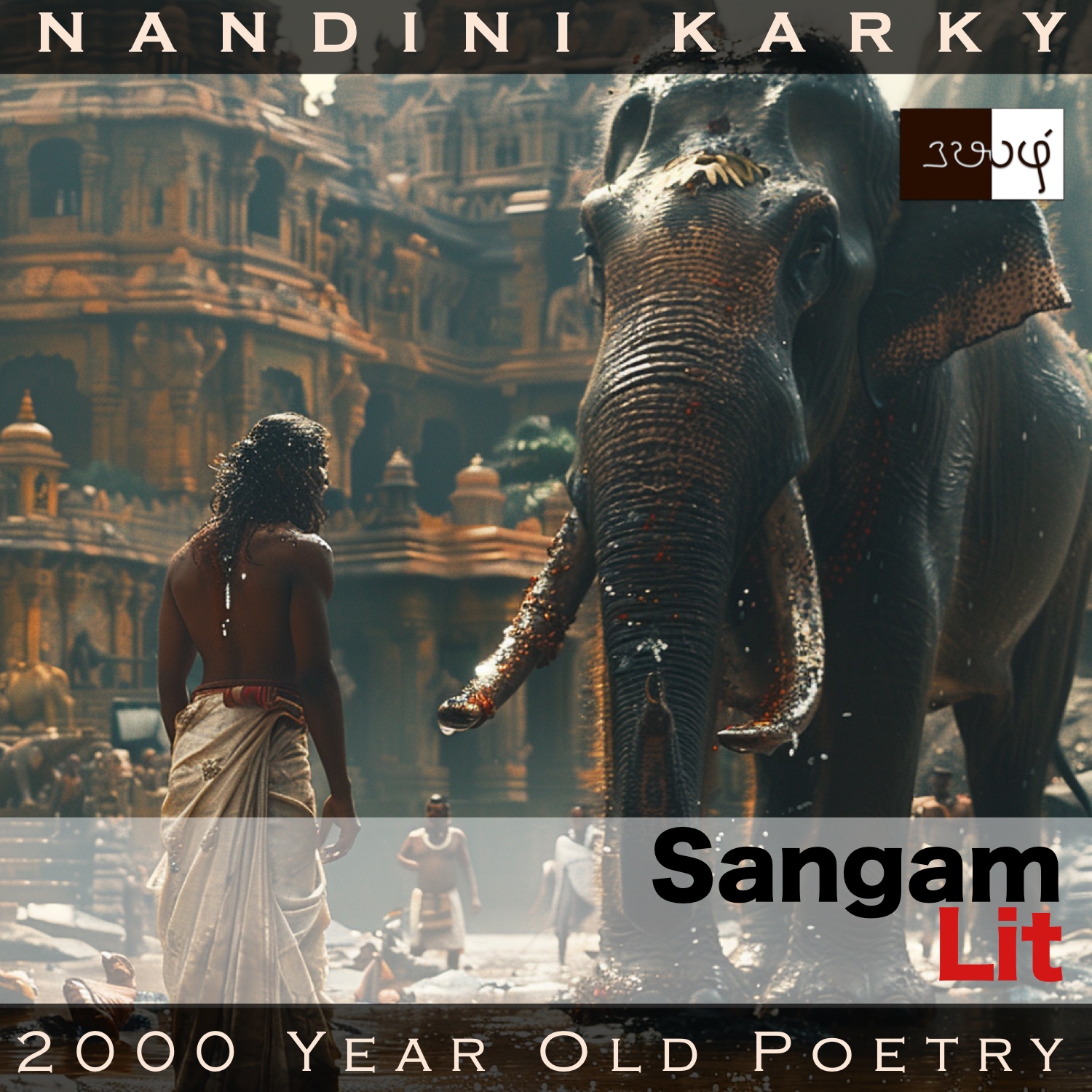

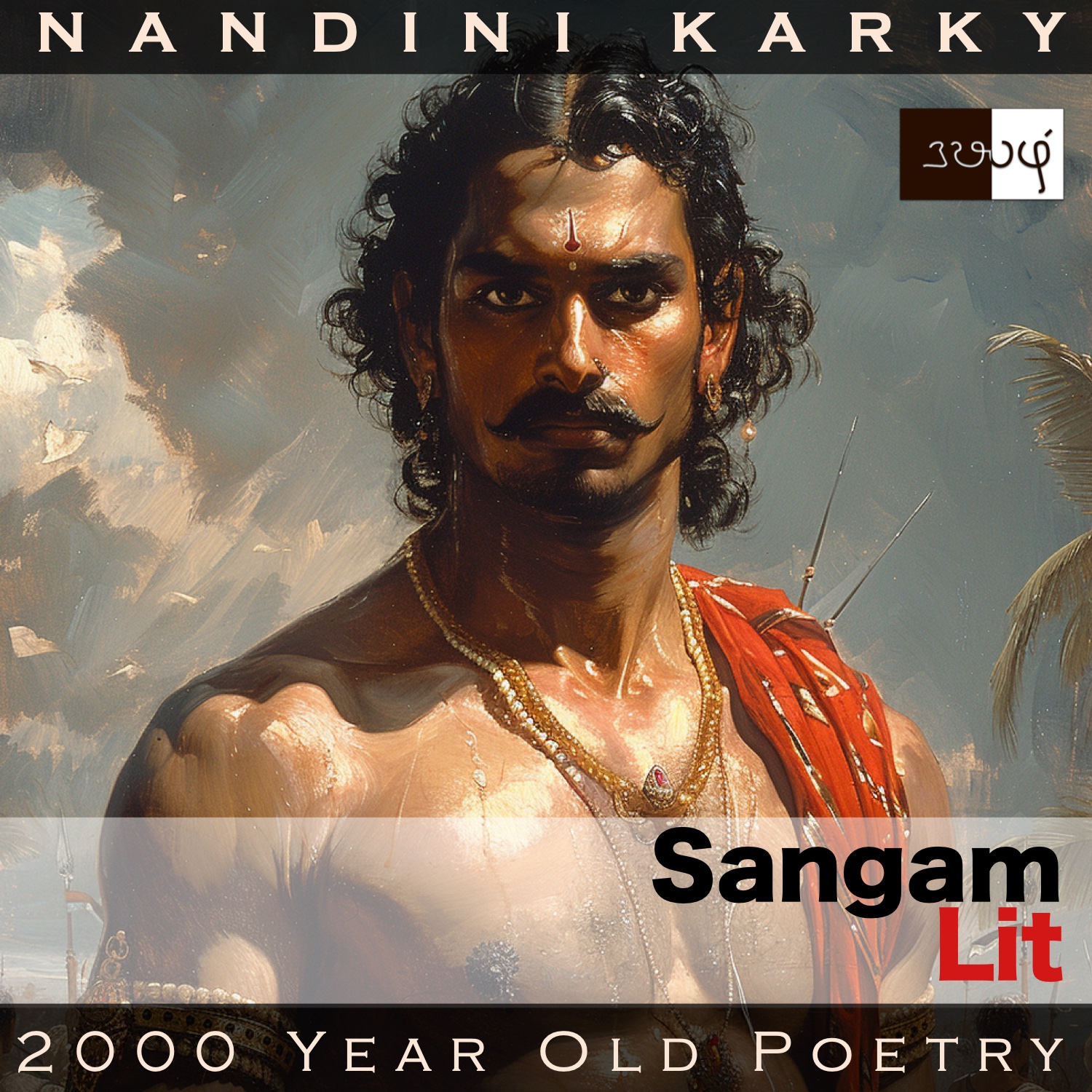
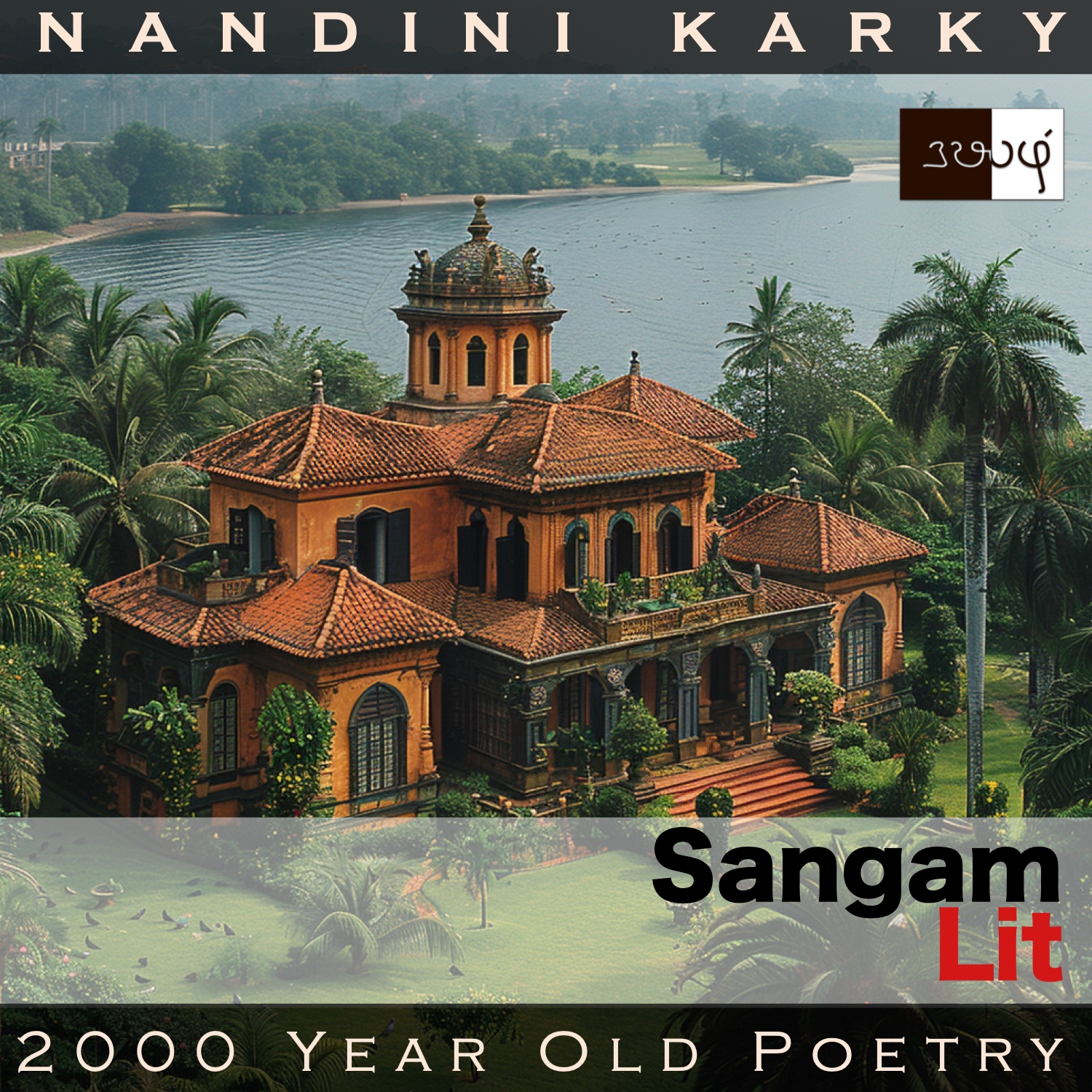
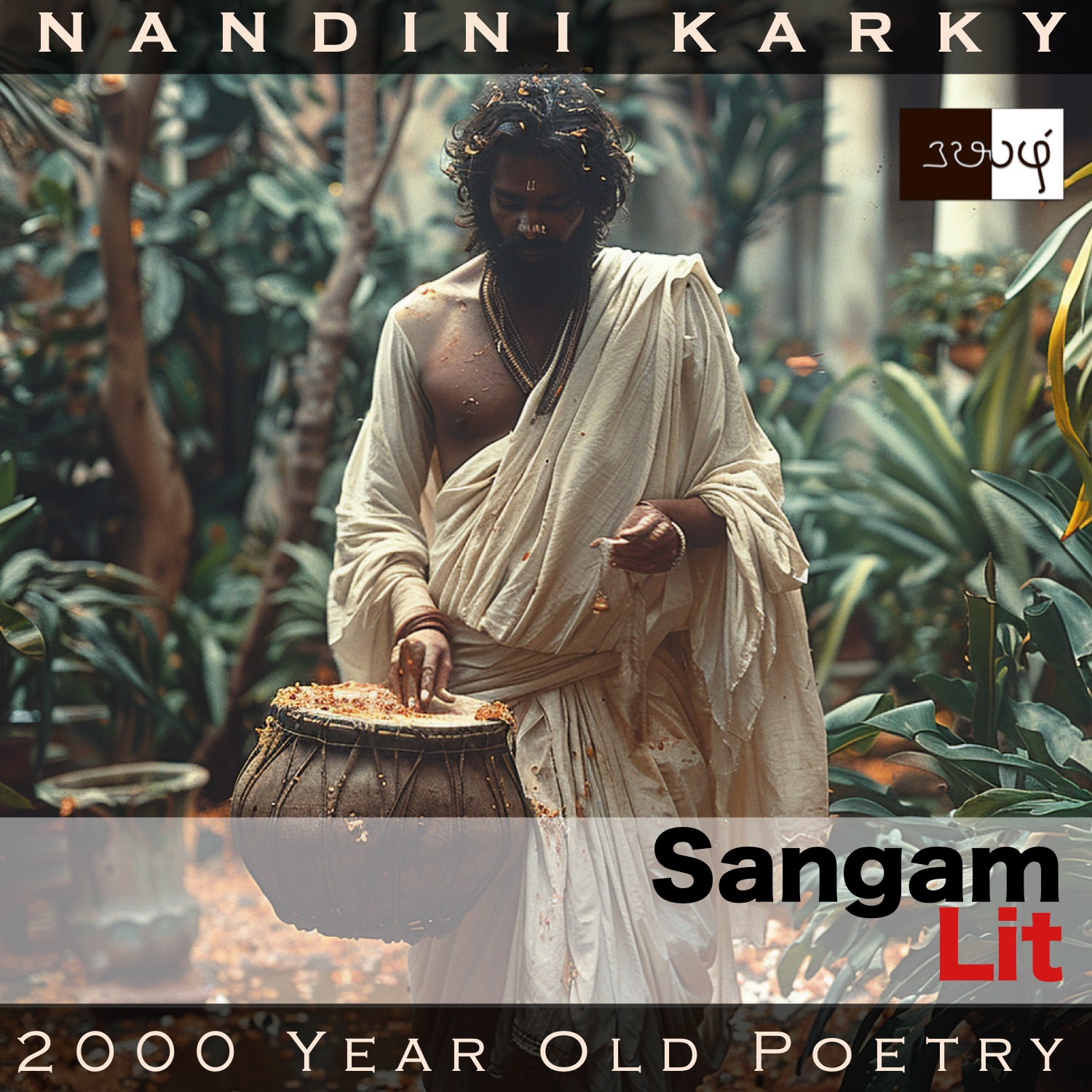
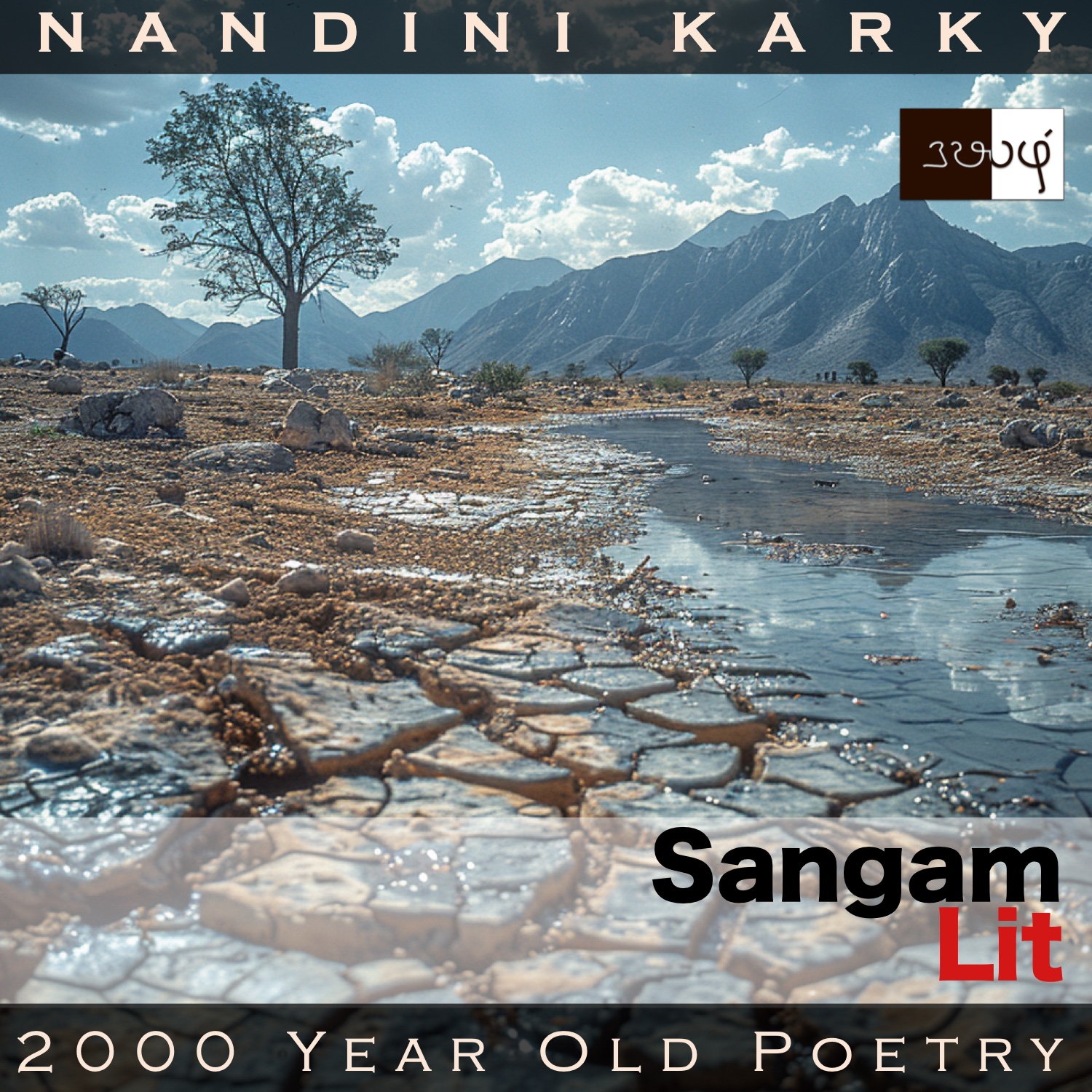
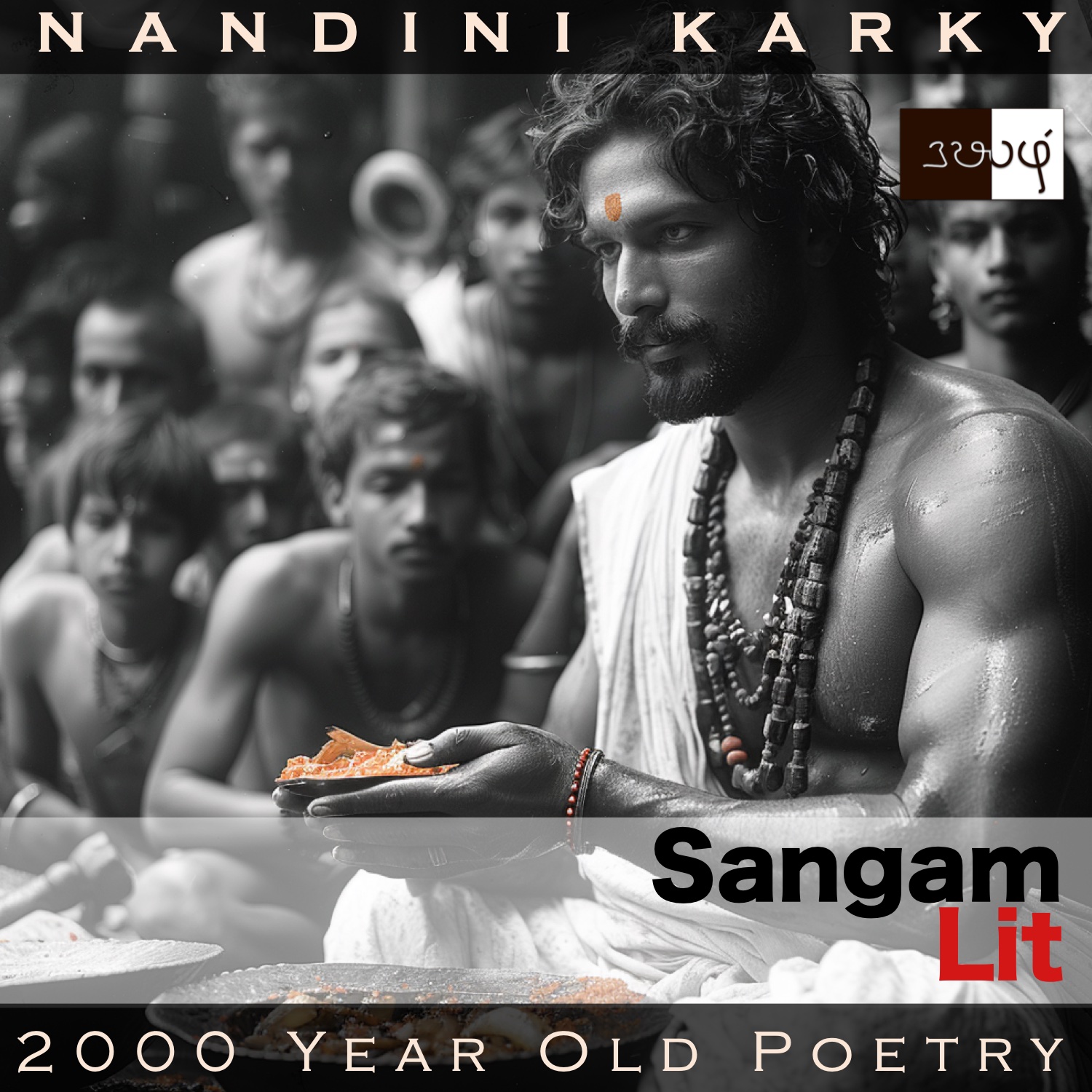
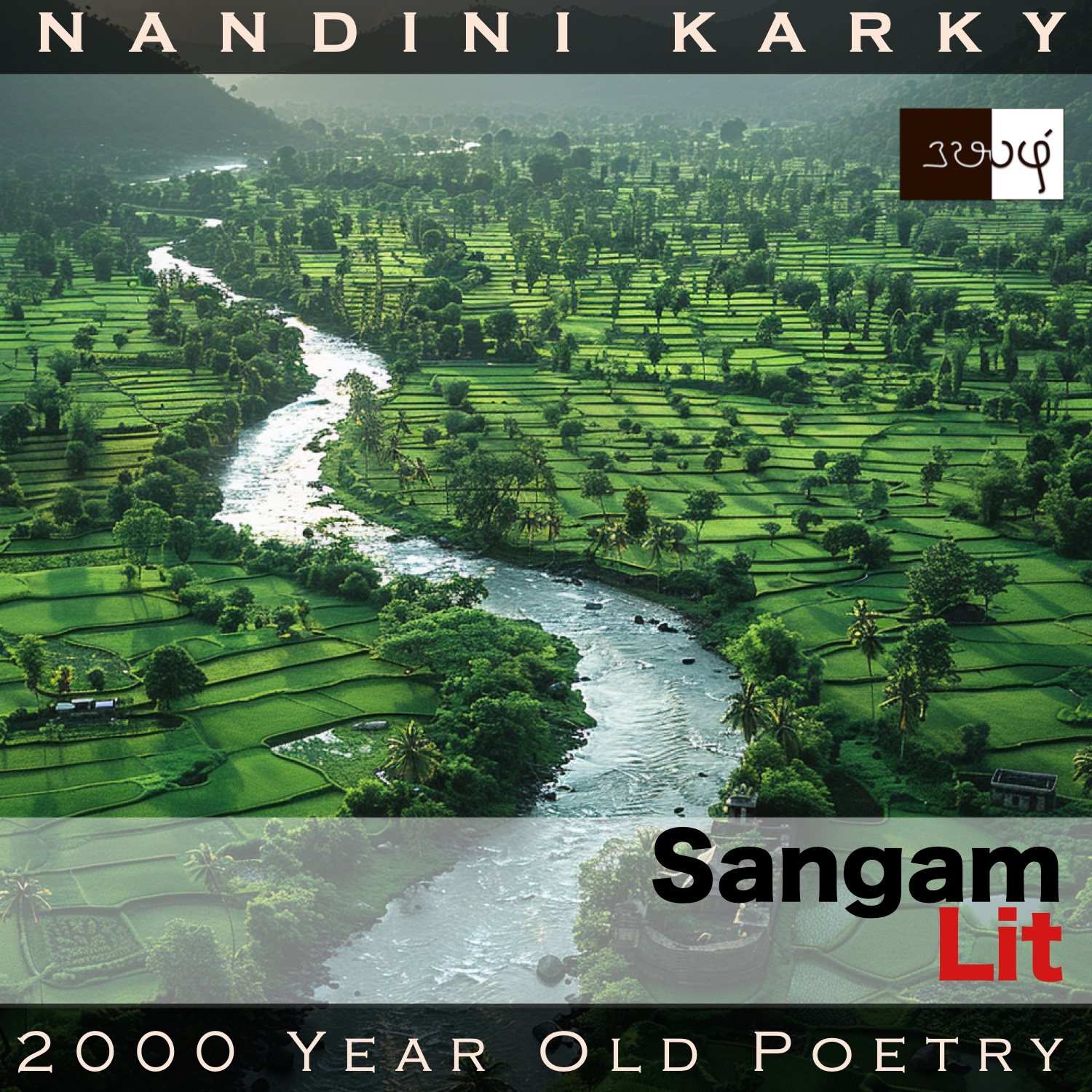
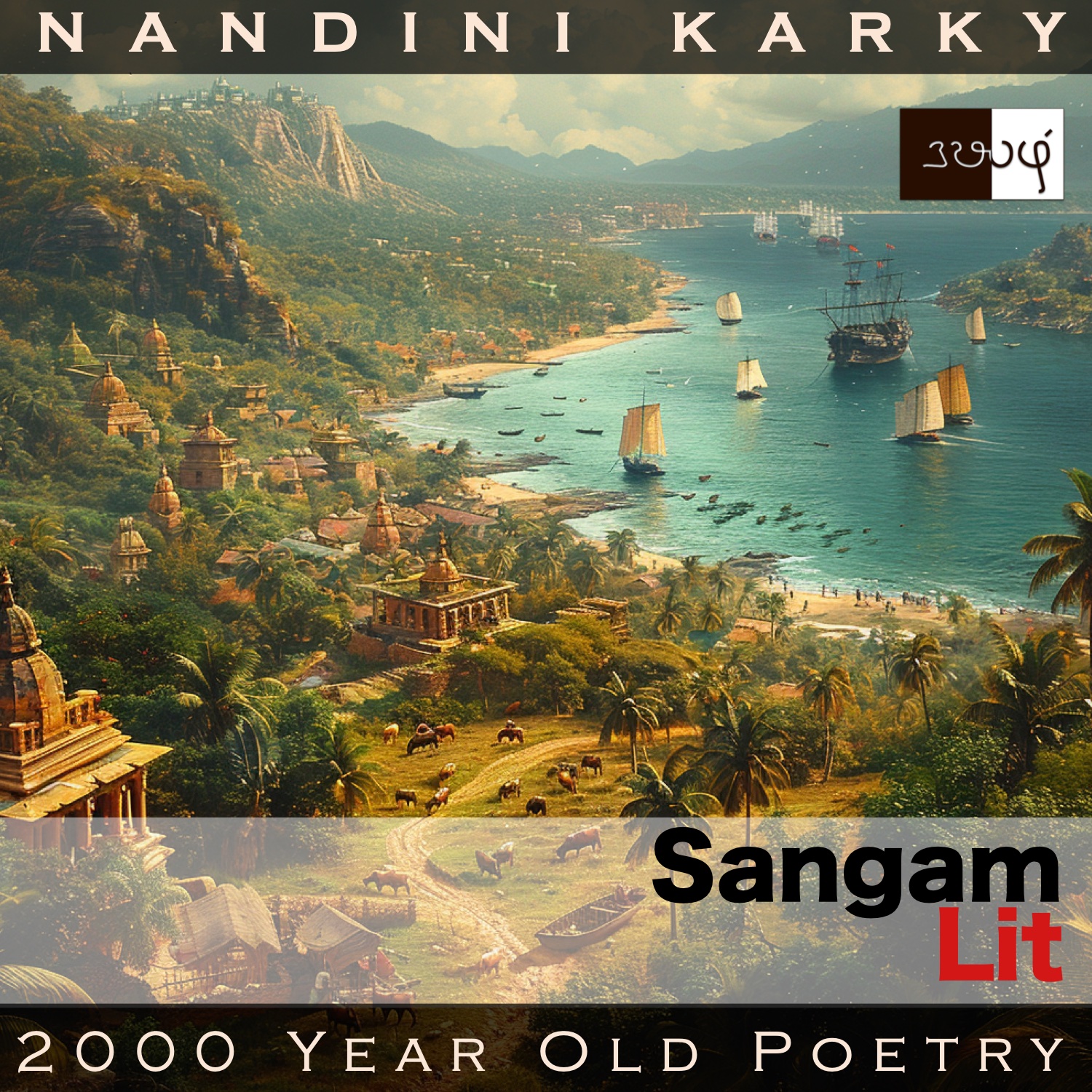
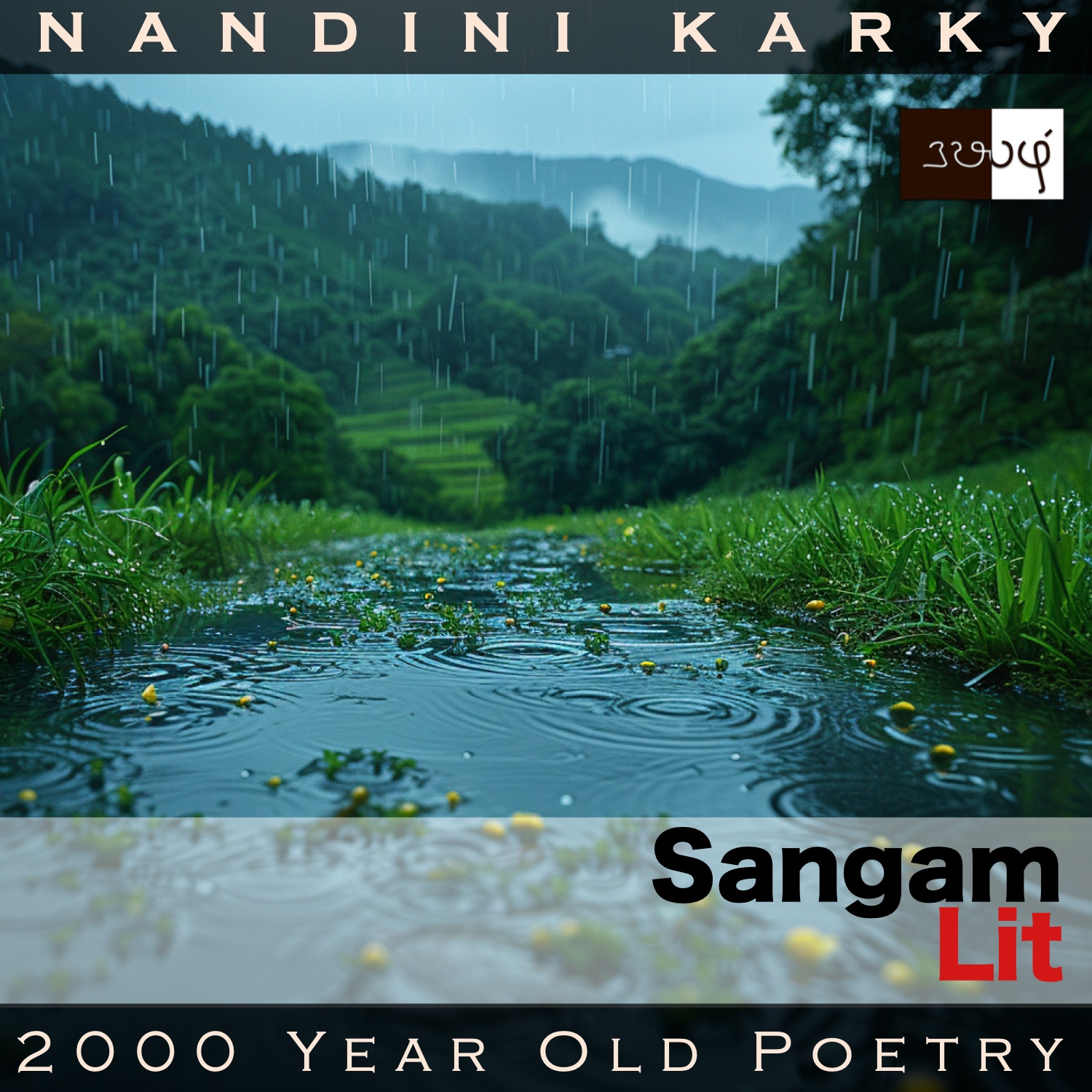
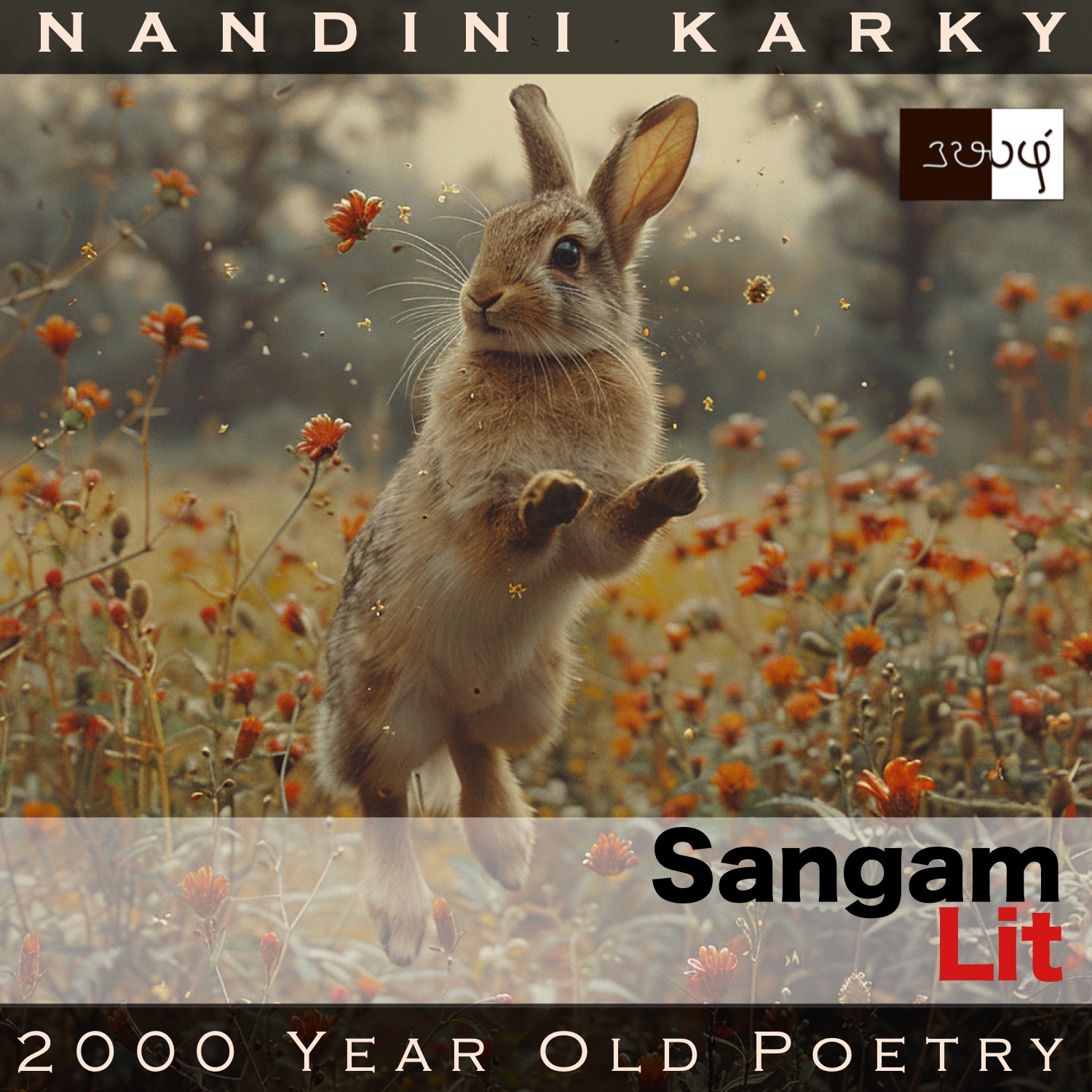
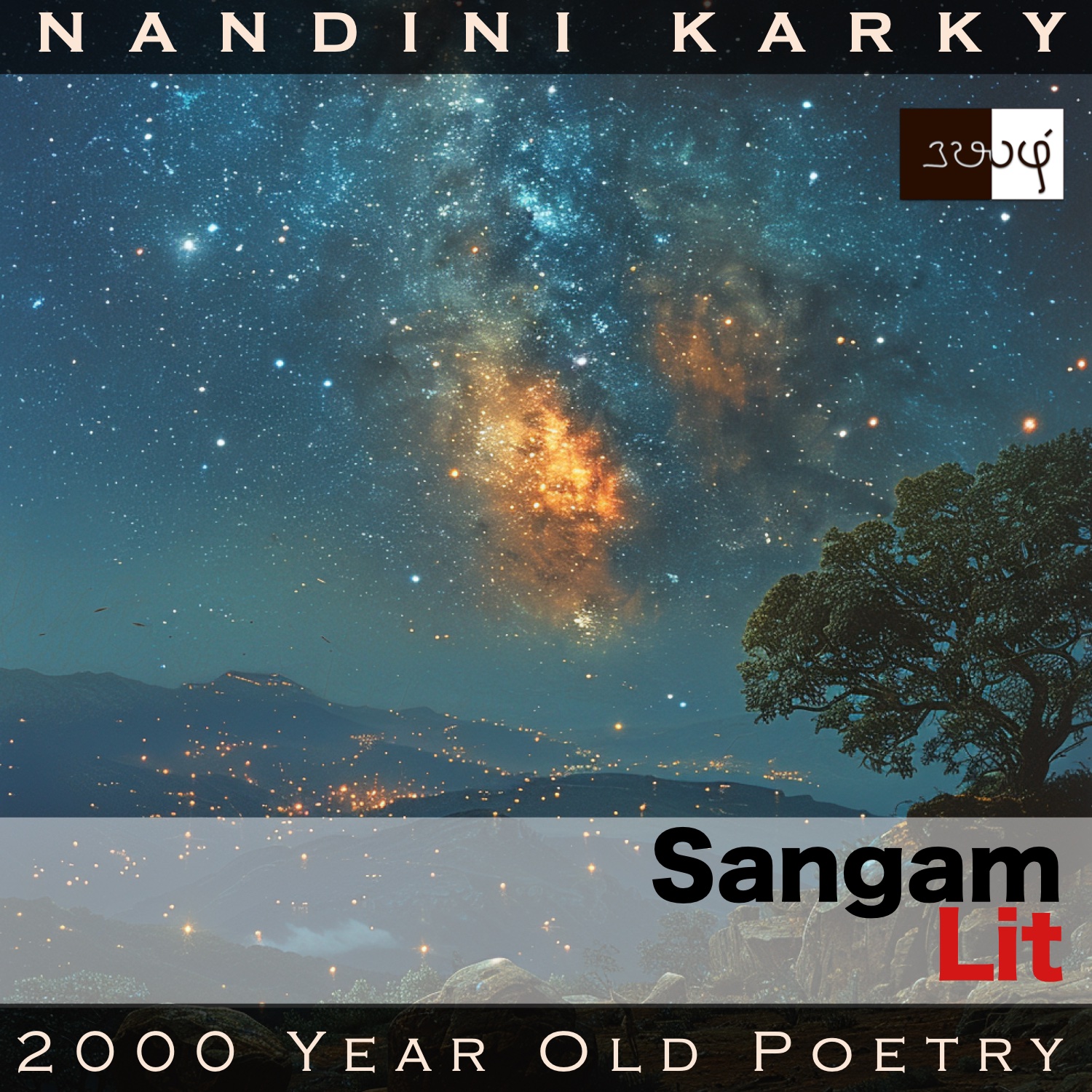


Recent Comments